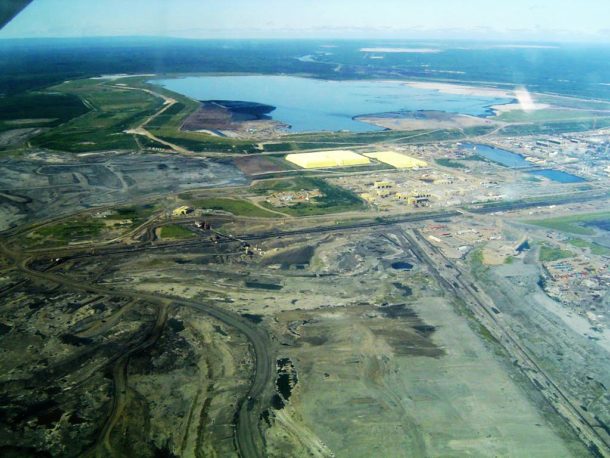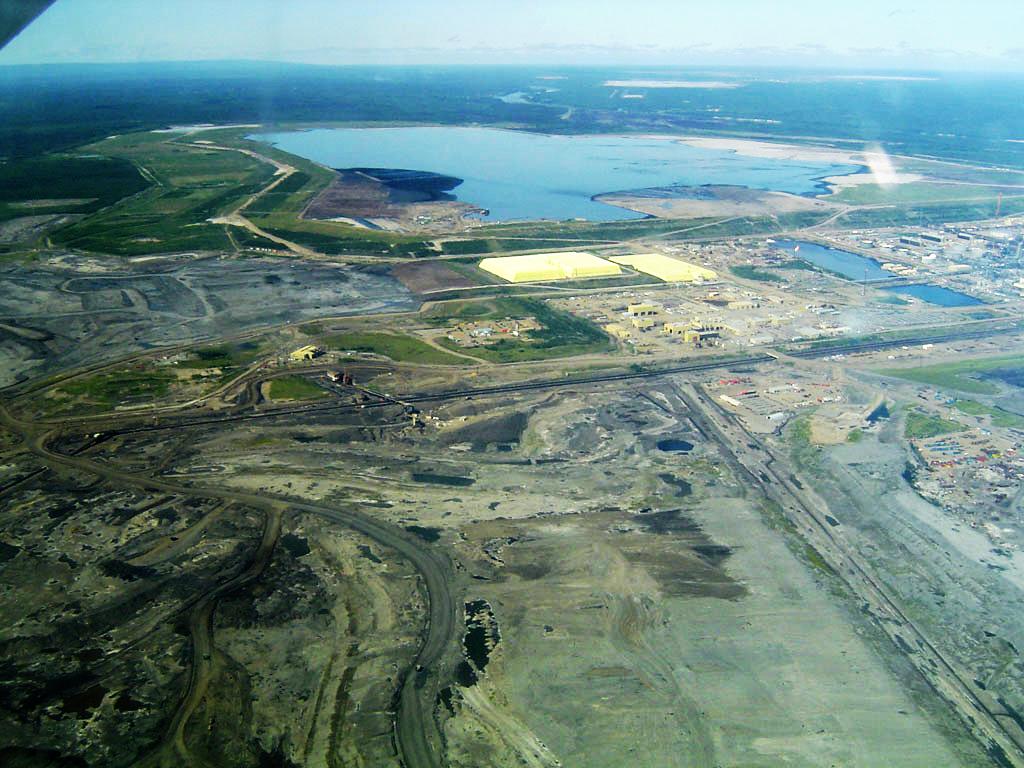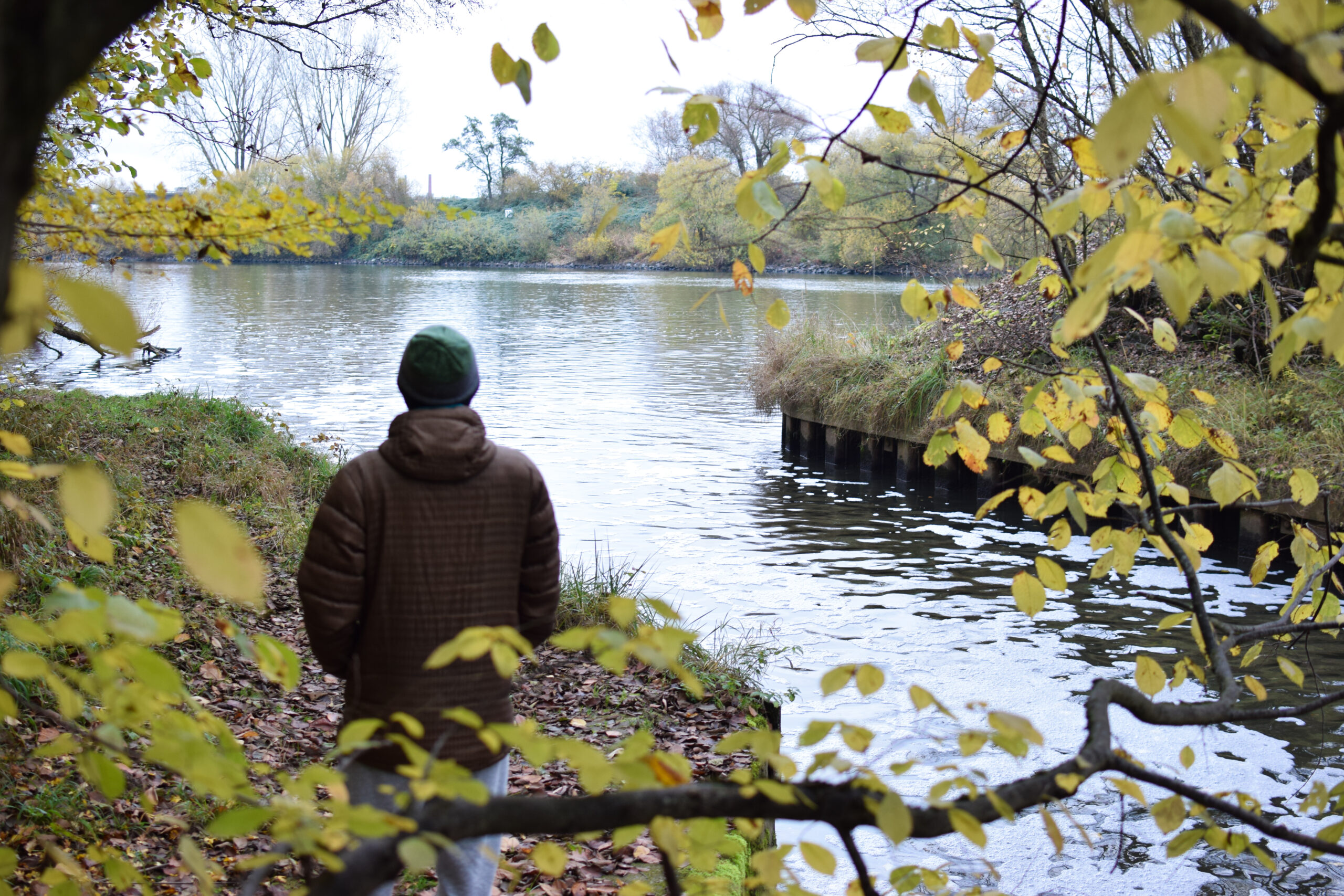Not the forests that used to be there, not the river, not the wet lands, just nothing. Everything was burned to the ground and something monstrous, unnatural, devastating was built there instead. My mother noticed the thickness of the water straight away and also a toxic smell in the air which is just terrible. She always tells me that when I ask about home again. She doesn’t like to talk about it, or so it seems. Probably just like you humans do not like to talk about war. Uncle Drew made the mistake once to bring his family and some others to our old nesting spot about five years ago, to check out, whether it is really that bad. I hadn’t seen him since, maybe he was still south, I didn’t know.
At the time I had no idea what was going on, but I wanted to find out real bad. This is the story of an eye opening trip: After all of those harsh words by mother, and Drew vanishing into thin air, I wanted to do some research myself. So one night I sneaked out of our nest and flew away, tried to remember the exact way to our old home. As I went on I remembered the trees and parts of the river that seemed to be quite normal still. But after a while the smell got worse and it was very hard to breathe. In the distance I saw huge clouds of dark and white smoke belching into the air. And after about three hours of flying as fast as I could I finally arrived and could not believe my eyes.
I was over one mile above the ground and still could not find an end to the area that looked like a place out of a horror movie. Enormous steel cranes, rising high in the air, pushing out tons of smoke, iron pipes connected to many different buildings, looking cold and grey from the outside. I decided to fly into the area even further, which was a mistake, because only then I started to realize how far it goes and how many different, horrific things it brings with it. I saw sand pits going deep into the soil, diggers, blasting out emissions as dark as my neck feathers. And not only one, but hundreds of them, doing the same thing: moving sand from one place to another.

Neck deep in Bitumen
The sand was black and slicky and looked like it contained an oily substance. I began to get very scared and thought about Uncle Drew again. Maybe he wasn’t still south, but something terrible happened to him right here. Flying further into the rig, I saw shimmering water in the distance, which was good because I really needed a sip of it right now. It was the Athabasca River, my old home. You cannot relate to how excited I felt getting closer to it. But then that strange, unpleasant smell hit me like a punch to the beak. And I realized three large pipes reaching in to the ponds next to the river. Thick, oily water poured out of them, in masses. Toxic waste, as I found out later. But as I said, that was later. Right now I just needed a rest, so I landed on one of those ponds. Sitting on it did not feel like water at all. I could hardly move my feet, and flying away was impossible.
I was very lucky. Patrick Hughson, a 21 year old Canadian worker found me, struggling in the water. He worked for JV Driver at the time, a company working in all key industrial sectors such as the Canadian oil sands to deliver projects for major companies like Shell or Exxon. Patrick was making sure the ground was kept clean of waste and debris. He reached for a rod and pulled me out. By that time the oil has got into my wings and I could not move them anymore. He took me back to his place. He and his coworkers all lived in separate rooms and had a place to hang out and play pool and stuff like that.
In the background I could hear the news on TV and a heated argument between our prime Minister Justin Trudeau and the Wildrose party, a conservative Albertian party, named after Albertas provincial flower. Speaking at a town hall in Peterborough, Ontario, Trudeau was asked about his government’s approval of pipelines and his commitment to the environment.
„You can’t make a choice between what’s good for the environment and what’s good for the economy,“ Trudeau said. „We can’t shut down the oil sands tomorrow. We need to phase them out. We need to manage the transition of our dependence on fossil fuels.”
„That is going to take time”, Trudeau moved on. “And in the meantime, we have to manage that transition.“ In Alberta, both the Wildrose Party and the Progressive Conservatives were quick to condemn the statement. „I am sick and tired of people attacking our oil sands,“ Wildrose Leader Brian Jean told CBC. „I truly would suggest that Mr. Trudeau keep his comments to himself when he doesn’t know what he’s talking about. „We certainly don’t need out-of-touch, federal politicians sounding like Jane Fonda on this topic.“
Oil industry, a money making machine
Apparently I was in an oil sands rig, Canada’s most booming economy with oil. Canada actually replaced Saudi Arabia as the number one oil supplier to the US, and they are making big money. Patrick, my saviour and now friend, I suppose, earned a lot of money as well, his salary was at 80.000$ per year. No wonder everyone wants to work there. He told me that he doesn’t ever have to deal with oil at all. “I got interested in the job when I learned how rich the oil industry was. My job was great and my days were never the same. The season also changed what my days were like. Summer was always for making sure the ground was clean from debris and garbage. Fall wasn’t too much different from summer. Winter was always snow removal as how far North I was. It just never seemed to stop snowing. Spring was always to maintain water flow and making sure we never got flooded in. My job was never gross because I never had to deal with oil at all.”
Rich it is indeed, but it is also devastating to the environment. The tar sands are huge deposits of bitumen, a tar-like substance that’s turned into oil through complex and energy-intensive processes that cause widespread environmental damage. These processes pollute the Athabasca River, lace the air with toxins and convert farmland into wasteland. Large areas of the Boreal forests are clearcut to make way for development in the tar sands, the fastest growing source of greenhouse gas emissions in Canada. In the time I was living there with Patrick I got a closer look of how they actually extract the oil out of the sand. The oil residue effects plants, basically my diet, in the water. How am I supposed to eat and survive when all my favourite algae are toxic?
Big shovels dig up the oil sands in the pits. Then the magic happens. The secret of splitting the oil from the sands is hot water. In big barrels the water is mixed with the sand and actually melts the bitumen so that it splits. They store the water for this process in big tanks that go up to 30 million liters of storage room, which is about 250.000 hot showers. Companies are licensed to draw almost 350 million cubic meters of water from the Athabasca River every year. That is twice the amount of water used by the whole city of Calgary to set it in relation. After the extraction is finished two things are left over, the oil and a toxic mixture of water and sand fluid called tailings: This combination of water and clay will take decades to consolidate and dry out, which can delay reclamation.
Toxic fishes
Even after many years, fluid tailings can maintain their thick consistency, and it can take up to 30 years to separate. Also the quality of the water used for the process is massively impacted. The remaining water, because it has come into contact with oil during the extraction process, contains natural chemical concentrations that are toxic to fish. And not only fish is effected by the industry. Residual bitumen can be found at the surface of most tailings ponds. This can pose a threat to birds and waterfowl that land on these ponds. They caused the death of Uncle Drew and many other birds, I’m sure about that now.
The days went on in the oil rig and I recovered pretty quickly. Patrick washed out all the sticky oil in my feathers which has infected my skin. He feels uneasy about his work now, as he thinks that the people don’t see the long term risks of the oil economy.
On one of my last days at the rig, I flew around and found an open door on the highest floor of the rig. CEO was written on the door of the office. I hid behind a plant, being as quiet as possible. Two men came in, one very skinny and long with a worried look on his face. The other one very big, with a shiny, sweaty face and a cloth in his hands to wipe away the sweat drops on his forehead. They were talking fast and aggressively about a pipeline. I heard about those before. They were used to get the oil from one place to another quickly and safely. I remember some of the indigenous people in our new home talking about them, being extremely dangerous and unsafe. As the conversation went on, they talked about a leak in the Keystone Pipeline. “800.000 litres, what are we supposed to tell the media”, I heard one of them shout and leave the room.
Our new nesting spot, a pipeline
Keystone, I knew that name from somewhere. And the penny finally dropped. Our new nesting spot was at a pipeline called Keystone. I saw the last weeks flashing by. My wings, the oil, Uncle Drew, mother. I had to see if they were still alive. I made my way out of the office as quickly as possible. Out of the rig and into the sky. I didn’t even think about Patrick and saying “good bye” in some way. All I thought about now was my family. Out of panic I did not bother flying high, so I almost got burned by one of the chimneys and then I was gone, away from this place of misery, back to my family and the others. Three hours later I finally arrived at our place.
Everyone was there, sleeping in the forest. Mother too, never in my life was I so happy to see her. I lay down next to her, falling asleep straight away. I could not wait to tell her all about my adventure. But one thing is for sure. If Canada wants to stay as beautiful as it is, and make sure that the vast variety of wildlife stays as healthy as it is, they need to stop digging for oil in those sands. It is destroying us and the most beautiful country on earth, we can still call home.


